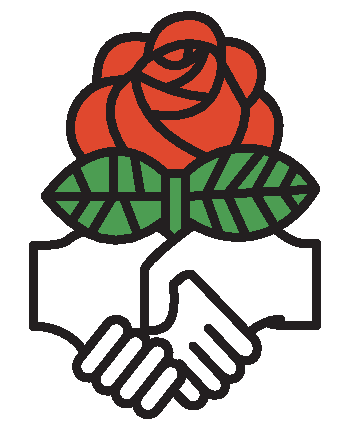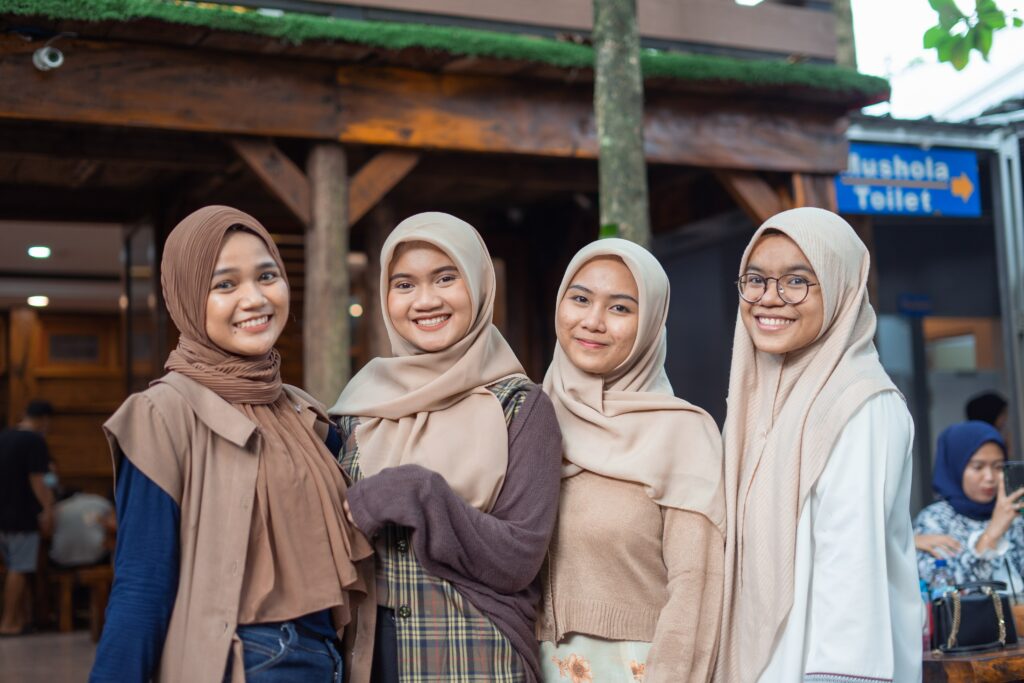Statement by SIW President Ma Dolors Renau
Statement
Our thoughts are with the American vicitims and with Afghan women
Dear sisters,
It is time to speak
This letter is written at a moment when it is hard to stay calm and reasoned, and even harder to dare to speak out. Hard to make ourselves heard amongst the powerful voices calling, from the first moment, not for justice and a political response but for vengeance and war. Although other voices have slowly come to be heard, seeking sanity, sensitivity and time to think, the dynamic already established is tending to paralyse those thoughts and words of which people are capable and to make us hear only orders, voices of command, and their simple message: he who is not with me is against me.
And yet, now more than ever, all voices must be heard. It is more and more the case that wars affect everyone and everyone must speak, and speak clearly, because the consequences of decisions taken by a few are going to affect the whole of humankind.
I want to say to you, sisters and friends, that we cannot remain in the background, silent and invisible, as silent and invisible as the women of Afghanistan who for years have been the greatest victims of that cruellest of wars. What is happening concerns every man and every woman. It is our concern, although we women can rarely take part in political decision-making, although we are absent from the centres of power and still invisible to the powerful. In spite of this, groups of women have been making enormous efforts to make the powerful hear a different voice. There are the Women in Black in Israel and Palestine, in Bosnia in Serbia. There are the actions and demands of the Jerusalem group of Palestinian and Israeli women working together for an end to war and defending the possibility of coexistence, and the refusal of mothers to see their sons forced to kill and to become victims of violence. There is the experience of countless Latin American women who have lived through war and learned to appreciate its terrible costs. There is the work of African women, during innumerable conflicts, to support the continuation of lives which have been destroyed. The groups of North African women working to combat militarism and fundamentalism. No one seems to notice them. And now, the louder the clamour of war, the quieter are their voices and the more invisible we all become.
But we must not retreat into feelings of powerlessness. We must look the present situation in the face and as citizens with full rights, as human beings of the female gender, we must try to be present in every debate, to propose actions, to introduce a note of sanity, to engage in dialogue. We must, in fact, do what socialist women have always done, work for peace.
We condemn the fundamentalist attacks and demand justice
The brutal attacks committed against the North American people on 11th September 2001 are deeply offensive to us and deserve our fullest condemnation. They are attacks on the most basic human rights. We feel solidarity with the pain of the victims and of the American people who are suffering so much at this moment.
We socialist women fight for peace
We socialist women have worked intensively in recent years to promote within our organisations and societies a culture of peace, a refusal of inequality, a rejection of violence, as shown by the Resolutions of our Congresses and Bureau meetings, our Seminars and Regional gatherings, held all over the world with women of all races, cultures and religions, all of us united by a strong will to build a more just world for everyone. We have considered the cost of war, not only in economic terms, but in human terms Ð the cost to education, to the future. We have always spoken out against all kinds of fundamentalism, whose first victims, always and everywhere, are women.
Sadly, the present situation shows only too clearly the urgent need to redouble our efforts, realising once again how absent we are from the centres of decision-making.
We will not allow the militarisation of society
As human beings, as political women, we say that the militarisation of society must be avoided at all costs. We must avoid the militarisation of thought, attitudes and responses which can lead us to a mind-set of ‘goodies and baddies’, of ‘good against evil’, a spiral which can only bring greater grief, greater desire for vengeance, empowering the impulse of destruction and self-destruction.
War always represents the total failure of political action
We want more, and more effective, political action. More politics, not less. A politics worthy of its honourable mission, which places the interests of society before the interests of individuals, which truly places human beings at the centre of its aims.
A just response
We want justice to be done, through the use of all legitimate means at the disposal of democratic states and international organisations. As socialist women, and respecting the human rights of every man and woman who is a citizen of this world, we demand responses founded in moderation, reason and temperance, which do not lead to an unleashing of vengeance, multiplying exponentially the innocent victims in other parts of the world and intensifying the violence let loose by the fundamentalists.
Let us undertake political action which can take account of the causes of this brutal conflict, political action which makes full use of the existing international bodies and creates new ones. Let us demand measures to allow the pursuit of terrorism within the legal means at the disposal of states. Let us work to establish International Tribunals where terrorism may be put on trial.
In international relations, let us demand more, and more effective, political action and less service to immediate economic interests, so that globalisation does not come to mean increasing inequality and ever greater distance between cultures and religions.
Let us work for international political action in support of democracy all over the world, so that fundamentalism and fanaticism find no fertile ground in which to grow. Let us make common cause with the deepening and widening of national democracies and their ability to nourish a culture which encourages their citizens in tolerance and respect for difference, so that difference does not come to mean inequality.
Let us demand and build a politics of participation which can listen and respond, not only through the ballot box, to the voices, needs, anxieties and risks inherent in our complex societies.
Let us establish links of cooperation and solidarity with those regions of the world which are suffering the consequences of unequal and unjust development, with peoples who are losing hope.
Let us demand the fulfilment of that first rule of any democracy: that the rights of women be seen as human rights.
Let us demand a politics which does not leave women marginalised but allows them to enjoy, everywhere, the same rights as men. We women cannot and will not remain marginalised, silent, invisible and absent from the fora where our shared destiny is at stake. Especially, we cannot remain so in these dangerous moments when we are seeing a political incapacity to halt the spiral of violence affecting all of us. Our silence bears witness to a democratic deficit which greatly impoverishes society.
We must give a voice to the silent half of our peoples, because it is the voice of those who know much of how to give, preserve and care for life, how to struggle valiantly for subsistence, how to negotiate and reach agreement.
Let us undertake political action which really places humankind and human rights at the centre of its aims Ð a humankind which includes both men and women.
What must we do? We are morally obliged to act.
Every one of us, wherever we are, can and must work for sanity to prevail. As guidelines, I am suggesting to you some actions we can all carry out within our own organisations and countries:
Re-state all those resolutions we have taken on peace, on the culture of peace, on globalisation and its consequences. Send them to your organisations, your party, to governments and NGOs, to youth groups.
Set up commissions and working groups within your parties to pursue the full implementation of decisions taken. Work to combat inertia and inefficiency.
Try to get town councils and institutions to reach agreement on the need to establish mechanisms for peace and dialogue.
Establish permanent contacts and joint fora with every non-governmental organisation and university and with everyone who shares our concerns, to implement actions to raise consciousness of the need to act from reason and not to increase suffering.
Join or organise channels of support, solidarity and communication with Afghan women who have long been working to oppose fundamentalism and with those living in the conflict region.
Establish contact with American women who are opposing a militarised response, send them our support and let them know we want to work together.
Make contact with every individual and organisation, everywhere in the world, working for peace.
Work to help the victims, the displaced persons, the refugees.
Demand that our comrades in government and positions of power make sensible decisions, that they weigh the costs of those decisions and maintain respect for human rights.
Try to get media coverage for our message and spread it as widely as possible.
Sisters, we have little political power, but fortunately we have the power of speech and reason. And we have all the authority of female human beings belonging to an organisation with a hundred-year history of fighting for freedom, justice and the equality of all people, women and men.
Barcelona, 24 September 2001.

